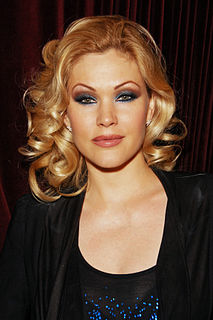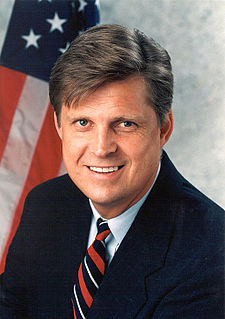A Quote by Larry Elder
Studies show that children of divorced parents can have outcomes as positive as those coming from intact homes, provided the father remains financially supportive and active in his children's lives.
Related Quotes
I didn't major in anthropology in college, but I do feel I had an education in different cultures very early on. My parents divorced when I was eleven, and my father immediately married a woman with three children and was with her for five years. When they got divorced, he immediately married a woman with four children. In the meantime, my mother married a man who had seven children. So I was going from one family to another between the ages of eleven and eighteen.
Certainly parents play a crucial role in the lives of individuals who are intellectually gifted or creatively talented. But this role is not one of active instruction, of teaching children skills,... rather, it is support and encouragement parents give children and the intellectual climate that they create in the home which seem to be the critical factors.
Our contemporary society is experimenting with the diminishment of caregivers for children. Some children are raised through crucial stages of life by only one person. This one person, who strives to give the best, may be overwhelmed, busy, trying to raise many children. And even in homes with two parents, many children are essentially alone.
As many conventionally unhappy parents did in the 1950s, my parents stayed together for the sake of the children—they divorced after my youngest brother left home for college. I only wish they had known that modeling their dysfunctional relationship was far more damaging to their children than their separation would have been.

































